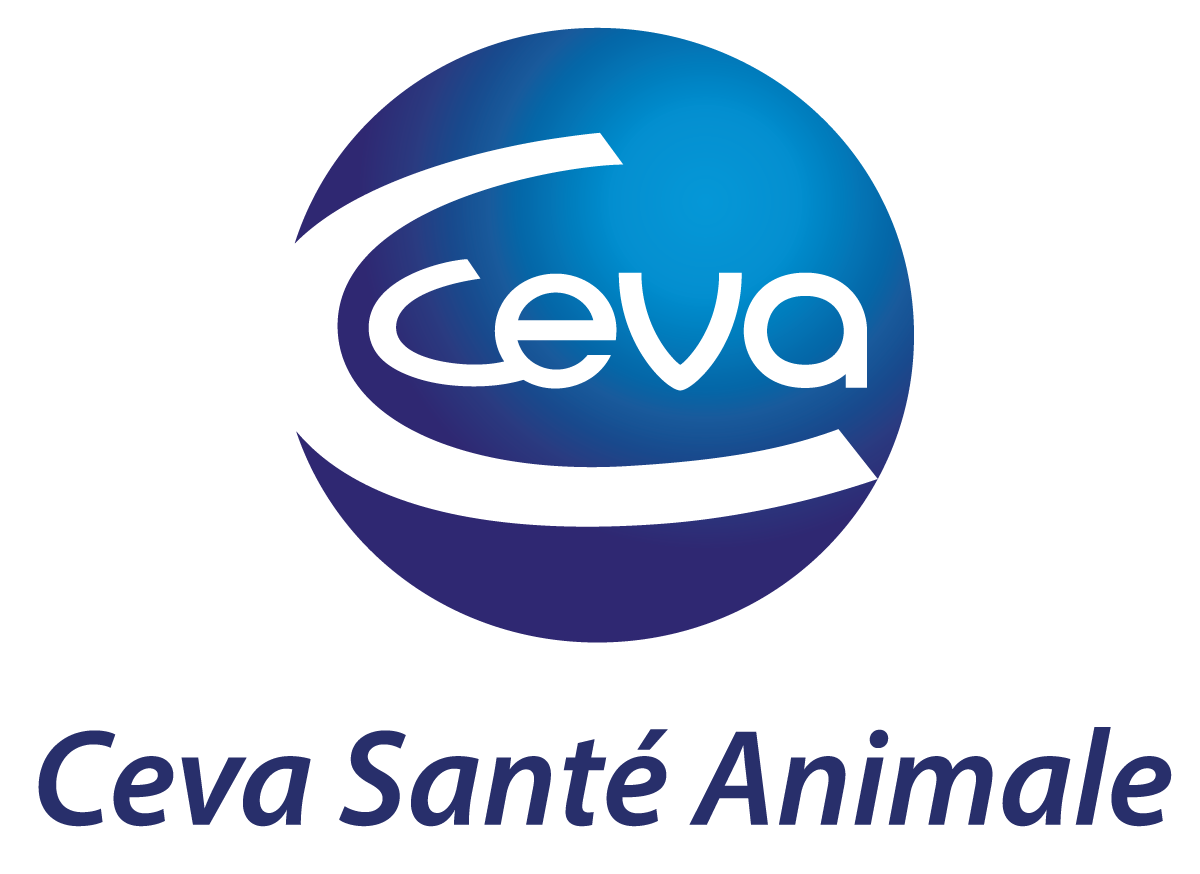Moredun Research Institute's partnership

In 2023, Ceva Santé Animale (Ceva) and Moredun Research Institute (MRI) have been awarded £900,000 from the Biotechnology and Biological Sciences Research Council (BBSRC, United Kingdom) to develop new vaccines targeting viruses and bacteria responsible for bovine respiratory disease (BRD).
Ceva & Moredun: a partnership to prevent cattle infections
In the current context of emergence of antimicrobial resistance and rational use of antibiotics, prevention of infection by vaccination is of utmost importance. Among cattle diseases that can be prevented by vaccination, bovine respiratory disease (BRD) is a primary target; BRD is highly prevalent, markedly reducing welfare and productivity of both dairy and beef cattle worldwide. Furthermore, current vaccines against major bovine viral and bacterial respiratory pathogens lacks efficacy or convenience or both.

Moredun Research Institute (MRI) has recently developed four vaccine vectors to deliver antigen payloads; replication-defective human adenovirus 5 (Ad5), Maedi-visna virus (MVV), Alcelaphine herpesvirus 1 (AlHV-1), and Orf virus. The objective of this project is to test and compare these vaccine vectors for immunizing cattle against selected antigens from bacteria and viruses involved in BRD. More specifically, we will first compare the ability of the four vectors to express selected antigens in vitro. Then, if successful at expressing antigen payloads, vectors will be tested in cattle and their response will be compared (e.g. serum antibody responses, mucosal antibody responses, and levels of CD4 T helper cell responses).
Picture: Moredun Research Institute in Edimburgh, UK.
The results of this project will provide data to determine if one of the vectors out-perform the others in the delivery of the selected antigens. Further, it will demonstrate whether these vectors induce stronger and more protracted immune responses than the same antigens given as recombinant proteins in adjuvant. If any of the vectored vaccines are superior performers, this will advance the development of more effective BRD vaccines.
More information:
https://www.ed.ac.uk/edinburgh-infectious-diseases/news/news/moredun-grant-to-develop-vaccines-brd
https://www.ukri.org/news/uk-invests-9-million-in-fight-against-endemic-livestock-disease/
